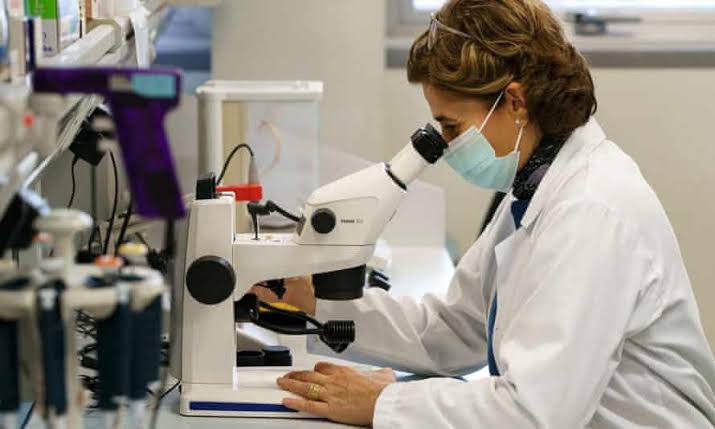Wits University Has Partnered With Biovac To Boost The Production Of Vaccines

Wits University Has Partnered With Biovac To Boost The Production Of Vaccines. Wits University has joined forces with pharmaceutical company Biovac to bolster the country’s vaccine production capabilities. With the way the Covid-19 vaccines that are developed internationally are expensive, these institutions have come together to give extra support to the government in terms of having sufficient vaccines that will be able to curb the spread of the virus.
Professor Patrick Arbuthnot is the director of the antiviral gene therapy research unit at Wits; he told EWN that, “The virus is engineered in such a way that it becomes sterile. It can’t reproduce itself but at the same time, it’s engineered to carry a sequence and in the case of a COVID vaccine, it will be the spike protein encoding that is incorporated into this viral vector.” The collaboration will see viral vectored vaccines being produced in South Africa. These are different from most conventional vaccines in that they use the body’s cells to produce antigens.
The Biovac Institute (Biovac) is the result of a partnership formed with the South African government in 2003 to establish vaccine manufacturer in South Africa. Its vision is to be a health focused Centre of Excellence rooted in Africa for the development and manufacture of quality vaccines for Africa and the developing world’s needs. “Vaccines and biological technology transfer are much more complex than standard pharmaceutical products, therefore, we at Biovac are pleased that we have been able to develop and demonstrate our capability in this industry.” said CEO, Morena Makhoana on Biovac’s website.
Biovac’s mission is to establish sustainable world class international African vaccine manufacturing capability by contributing to protecting life through the development, manufacture and supply of much needed and vaccines and other biologicals. Biovac aims to ensure that the country has the required domestic capacity to respond to both local and regional vaccine needs. As the only Southern African human vaccines manufacturer, it recognises the need for a domestic manufacturer of vaccines to enable the Southern African region to respond to regional epidemics and vaccine-preventable diseases.




